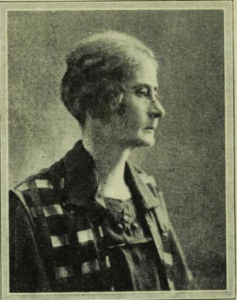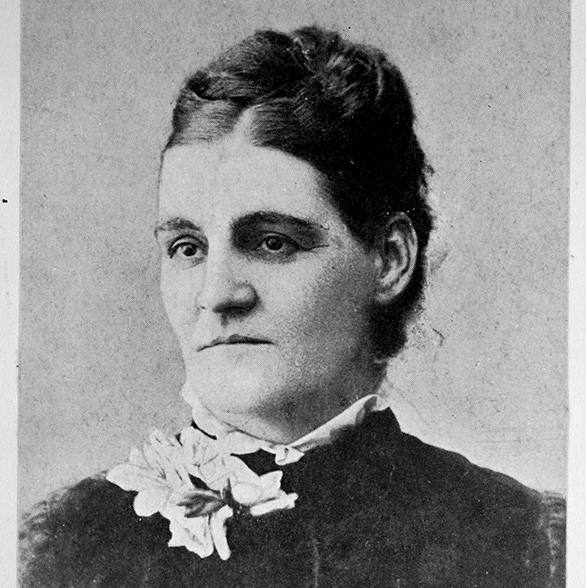

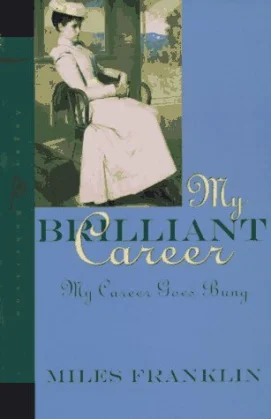
Miles Franklin, writer and activist
No I would never marry. I would procure some occupation in which I could tread my life out, independent of the degradation of marriage.
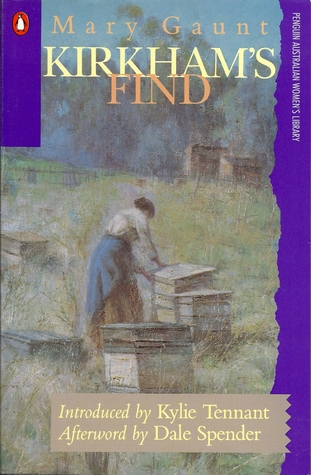
The Bulletin years, 1890-1920
In Australia the spirit of the nineties and early nineteen-hundreds… took the form, in the literary as in the social and political worlds, of a fervent democratic nationalism (HM Green)
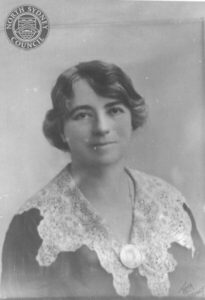
Eleanor Mackinnon, The Red Cross Bell (poem)
by Elizabeth Lhuede Another in our series of posts on authors with works published in 1924. Eleanor Mackinnon (1871 to 1936) is better known for her charitable work and political activities than she is for her writing. Born Eleanor Vokes Irby Addison, a descendant of...Constance Clyde, and “The paying back”
by Whispering Gums A post in our series featuring works published in 1924 (or by authors who died in 1924). This post’s subject is a short story titled “The paying back” which was published in The Australasian on 26 July 1924, by the Scottish-born...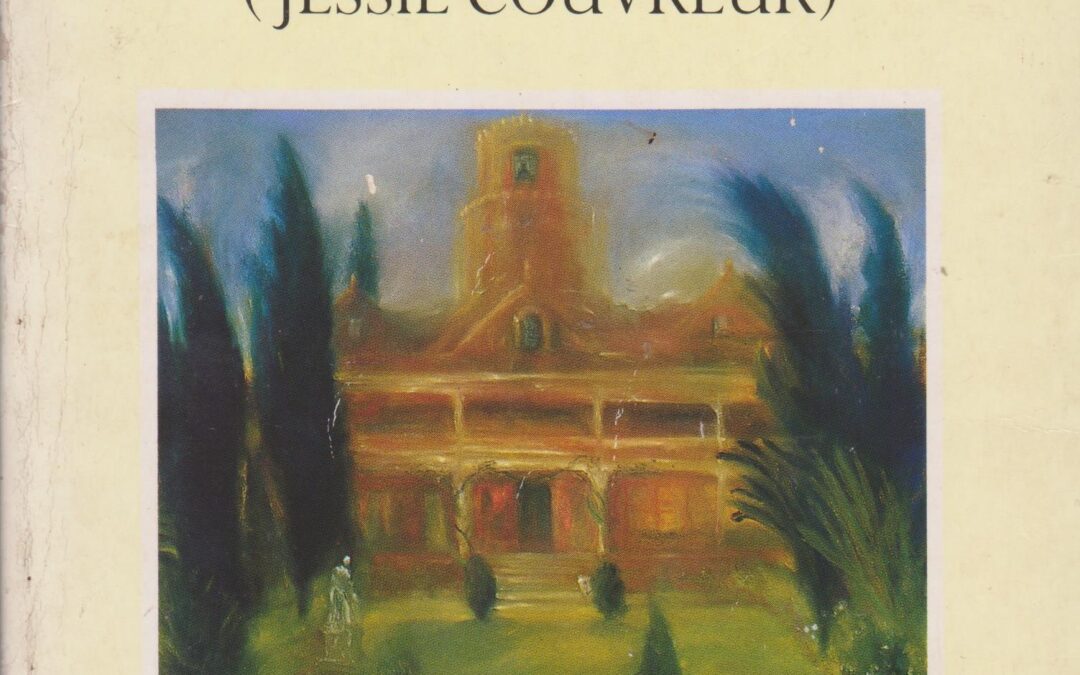
Tasma, Uncle Piper of Piper’s Hill
[wives are] to be petted and made much of when things are going well, and to be severely knocked about when anything goes wrong.
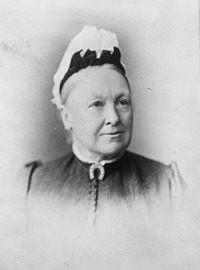
AWW Generation 1, 1788-1890
Following my last post The New Woman in Australia, I provide here an annotated list of our earliest women writers
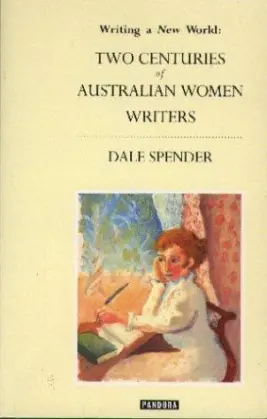
Tne New Woman in Australia
It is not possible to write about early Australian women writers without mentioning, and relying on, the work of Dale Spender, in particular, Writing a New World
